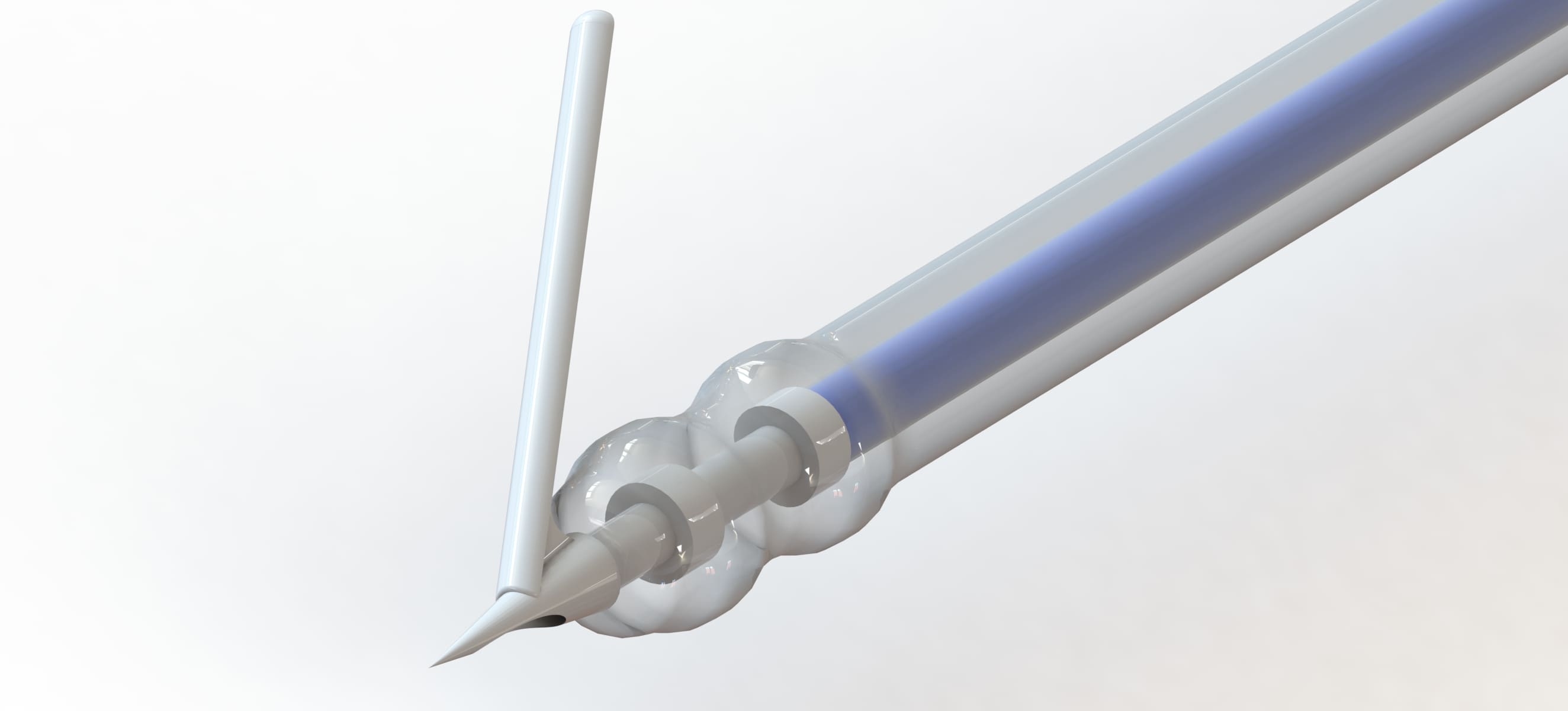Thanks from Cornell iGEM!
Hi everyone!
Great news! With your help, Cornell iGEM has finished our campaign and surpassed our crowdfunding goal of $5,000! This support will substantially help us complete our project by both ensuring that we can afford remaining necessary materials and by allowing us to continue and expand our outreach activities over the course of this upcoming year. As we approach the end of our project and as the iGEM competition approaches (September 24-28th), we will be sending you a few more project updates to let you know what we've been up to and to show you what you've helped us accomplish.
In the meantime, we have just re-launched our Humans and SynBio page, which is a "Humans of New York"-style feed related to experiences with synthetic biology. Feel free to check it out, and thanks again for your support!
Two Weeks Left!
Hi everyone!
Thanks to everyone that has donated, we have reached 36% of our goal so far. We have two weeks left in our crowdfunding campaign, and we appreciate all of the help that you have given us! Here is a brief update of what we've been up to for the past week.
In the drylab, we have finalized our design of the treatment applicator: a model of the design is attached to this update. The tip of the applicator is shown in white, and acts as a refillable medication administration port for our treatment, which is represented here as a purple gel. This parenteral mechanism of treatment administration provides the novel possibility to double as a fish tag and allows for repeated administration of treatments through the applicator.
There has been equally good news in the wetlab this week! By utilizing conjugation of engineered vector plasmids, we have successfully engineered a strain of E. coli that is currently serving as a "cellular factory" for the production of an ecnB phenotype, which is the toxin peptide that we have found to target and destroy F. psychrophilum, the bacterium responsible for Bacterial Cold Water Disease.
Through our outreach efforts, we have continued our involvement with YOURS (Youth Outreach Undergraduates Reshaping Success), in which we have worked to expose children and adolescents from disadvantaged economic backgrounds to the sciences. We will also be visiting Bath Hatchery in Bath, NY, in order to get additional feedback on our Bacterial Cold Water Disease treatment and medication administration device.
This was certainly a very busy week for us, and again, we greatly appreciate all of the help that you have provided!

$10
Test Tube
A donation of $10 would allow us to purchase basic lab supplies including pipette tips, test tubes, and petri dishes that we use on the daily. Each and every contribution helps and is greatly appreciated!
$25
Bunsen Burner
A donation of $25 allows us to purchase a pack of 25 centrifuge tubes. We use these tubes every day in our wetlab, and they are absolutely essential to our work!
$50
Enzyme
A donation of $50 allows us to purchase the enzymes and other such lab reagents needed for synthetic biology research. Additionally, the money covers the cost of plastic fiber needed to 3D print our fish tag device. We are designing and creating our own delivery device as part of our efforts to be as cost-efficient as possible.
$100
DNA
Each donation of $100 allows us to synthesize an additional phenotype of entericidin B, the bacteriotoxin used in our research. With every additional phenotype we are able to afford, our results will be able to more concretely determine the most effective treatment against bacterial cold water disease.
$250
Mitochondria
With a donation of $250, we would be able to purchase DNA sequencing tests, synthesize genes, and obtain vector plasmids necessary for the molecular cloning techniques used in synthetic biology.
$500
Nucleus
With a donation of $500, we would be able to fund all of our outreach costs for the entire year. We are involved in several programs to expose youth in and around Ithaca to science and engineering. We believe that it is very important to invest in future scientists!
$1,000
Cell
A donation of $1000 would cover all of our projected non-reusable laboratory equipment for the duration of the entire project as well as into the future. This is an absolutely essential cost of our work, and the ability to cover these costs allow us to dedicate even more funds to wetlab, drylab, and outreach work. By donating $1000, you are contributing to all aspects of the team and allowing us to achieve and exceed our project goals.



